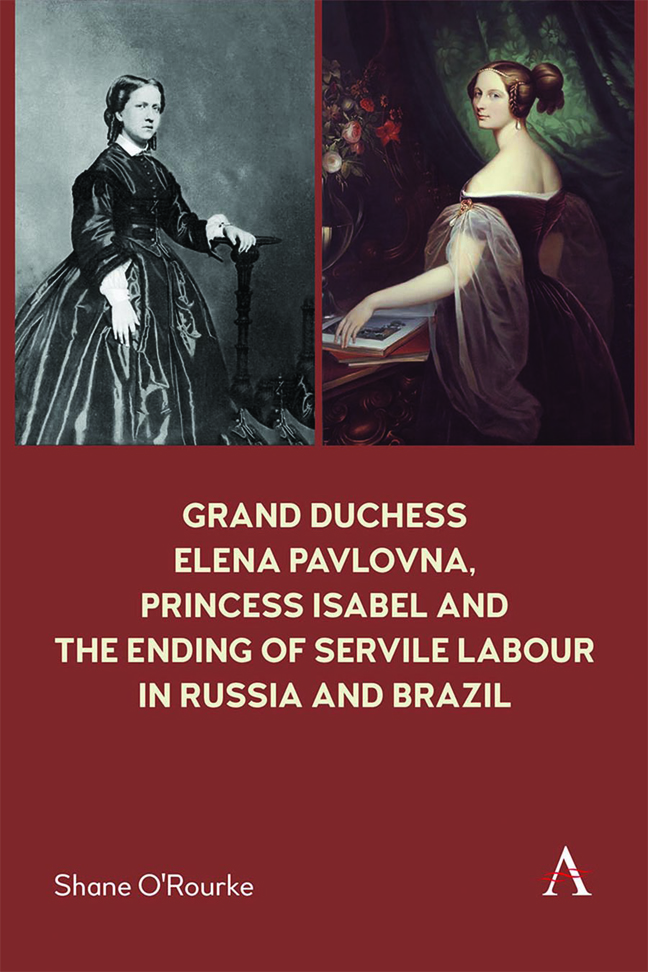Conclusion
Published online by Cambridge University Press: 29 February 2024
Summary
Emancipation had been a triumph for both Elena and Isabel. Servile labour was definitively ended in the two empires, in itself an epochal achievement. However, the issues of inclusion, citizenship and equality raised by emancipation were not resolved. In the Russian Empire, peasants remained alienated by the terms of emancipation and were never reconciled to the loss of land and the payment of redemption fees. They remained second-class citizens until the 1905 Revolution. Twelve years later, the peasants finally received the land settlement they had always wanted, taking all the land and expelling forever the remnants of their former masters from the countryside. In Brazil, the emancipationists had hoped that abolition would be accompanied by land reform, political inclusion and the creation of a more equal society. None of this happened. In 1889 the monarchy was overthrown by a military coup, supported by former slave holding elites who consolidated their domination over the rest of Brazilian society for the next half-century. The hopes for a much more radical transformation of the empire were stillborn as a result of the coup and the vast inequalities that characterized Brazilian society of the colonial and imperial periods continued into the republican era. Nevertheless, the ending of servile labour in both empires was a transformative moment, when millions of people ceased to be things and were recognized as human beings.
The emancipation of serfs and slaves in Russia and Brazil was a multifaceted process which spanned decades, if not centuries. At its heart was the refusal of the oppressed bondsmen to accept their lot, something that has been common to every form of coerced labour. The refusal to internalize and legitimize the existing state of affairs created a constant tension within servile societies no matter how docile or calm the enserfed and enslaved seemed. Serf and slave resistance was a continual threat to the established order. However, on its own, it rarely possessed the strength to overthrow the existing order. To achieve abolition support was needed beyond the servile community. An intellectual and moral climate had to exist in which servile labour was seen as a gross affront to human dignity, but changed intellectual and moral attitudes were not enough to abolish servile labour.
- Type
- Chapter
- Information
- Grand Duchess Elena Pavlovna, Princess Isabel and the Ending of Servile Labour in Russia and Brazil , pp. 97 - 100Publisher: Anthem PressPrint publication year: 2023



